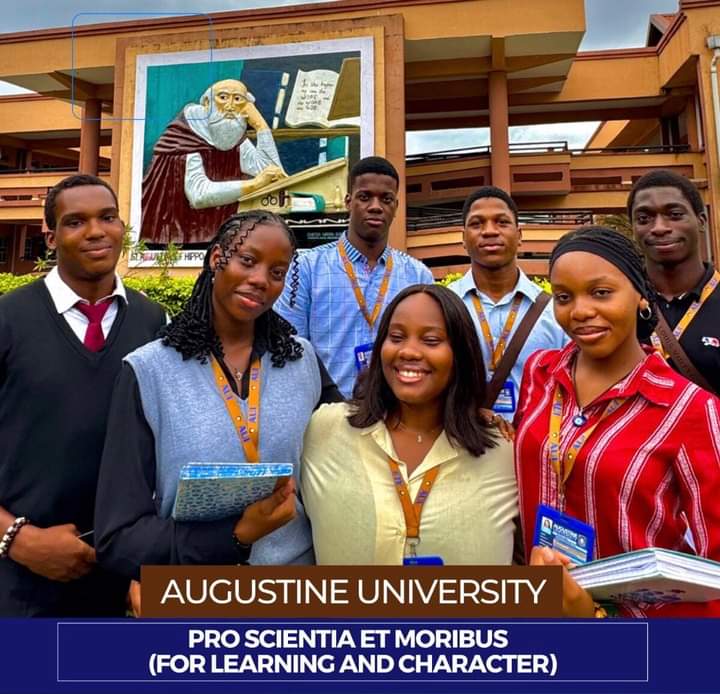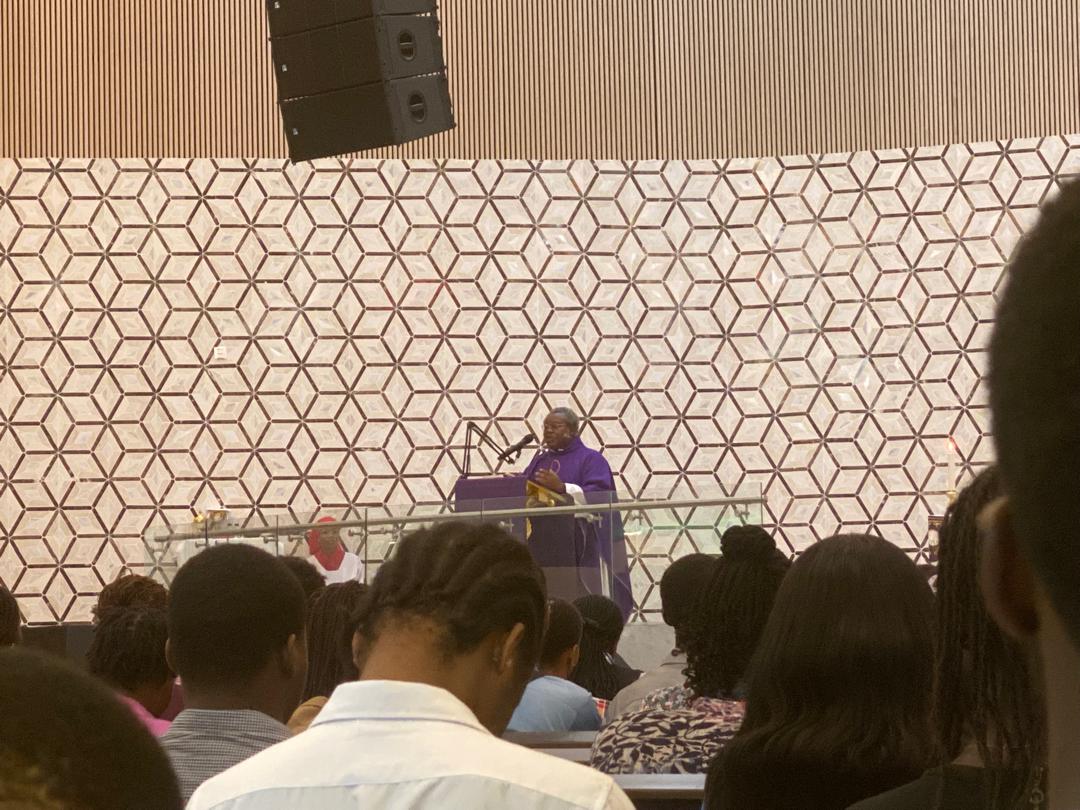Sungbo's-Eredo Monument: AUI Hosts Historic Presentation Workshop on First-Ever Archaeological LiDAR Survey in Africa On 5th and 6th August, 2024, Augustine University, Ilara-Epe hosted a landmark event, the Sungbo's-Eredo LiDAR Presentation Workshop at the University Convocation Hall. This workshop unveiled the findings from the first-ever archaeological LiDAR survey conducted in Africa, specifically focusing on the historic Sungbo's-Eredo monument. The workshop was a collaborative effort between the Ife Sungbo Archaeological Team and the US Mission in Nigeria through the Ambassador Fund for Cultural Preservation (AFCP). In his welcome address, the Vice-Chancellor of Augustine University, Prof. Christopher Odetunde, expressed excitement over hosting the event for the second time, building upon the successful workshop held on June 24th, 2021. He praised the importance of the research in preserving the rich cultural heritage of Africa and the continued commitment of Augustine University to advancing academic excellence and research. Speaking on the LiDAR mapping of Sungbo-Eredo, the principal investigator, Prof. Gerard Chouin, from Williams and Mary University in Virginia, USA, shared insights into the significance of the project. He described it as “the longest, single pre-industrial territorial earthwork (ditch-and-bank system) known in Africa and beyond,” encompassing an area approximately 1,000 square kilometers. Chouin emphasized the importance of using cutting-edge technology, such as LiDAR, to address archaeological and conservation issues at a scale never explored before. “The data collected will be used to generate public interest in the conservation of Sungbo-Eredo and guide public policies to organize and enforce the preservation of the monument, ” he said Dr. Shannon White, representing the Woolpert Team, provided technical details on the LiDAR data collection methodology. Woolpert, an international architecture, engineering, and geospatial firm, collaborated with the US Mission in Nigeria, Nigerian institutions, and the project team to collect the data, which includes 1,772 image tiles of aerial imagery and 1,772 LiDAR point cloud tiles.
.jpeg)

).png)

.png)
